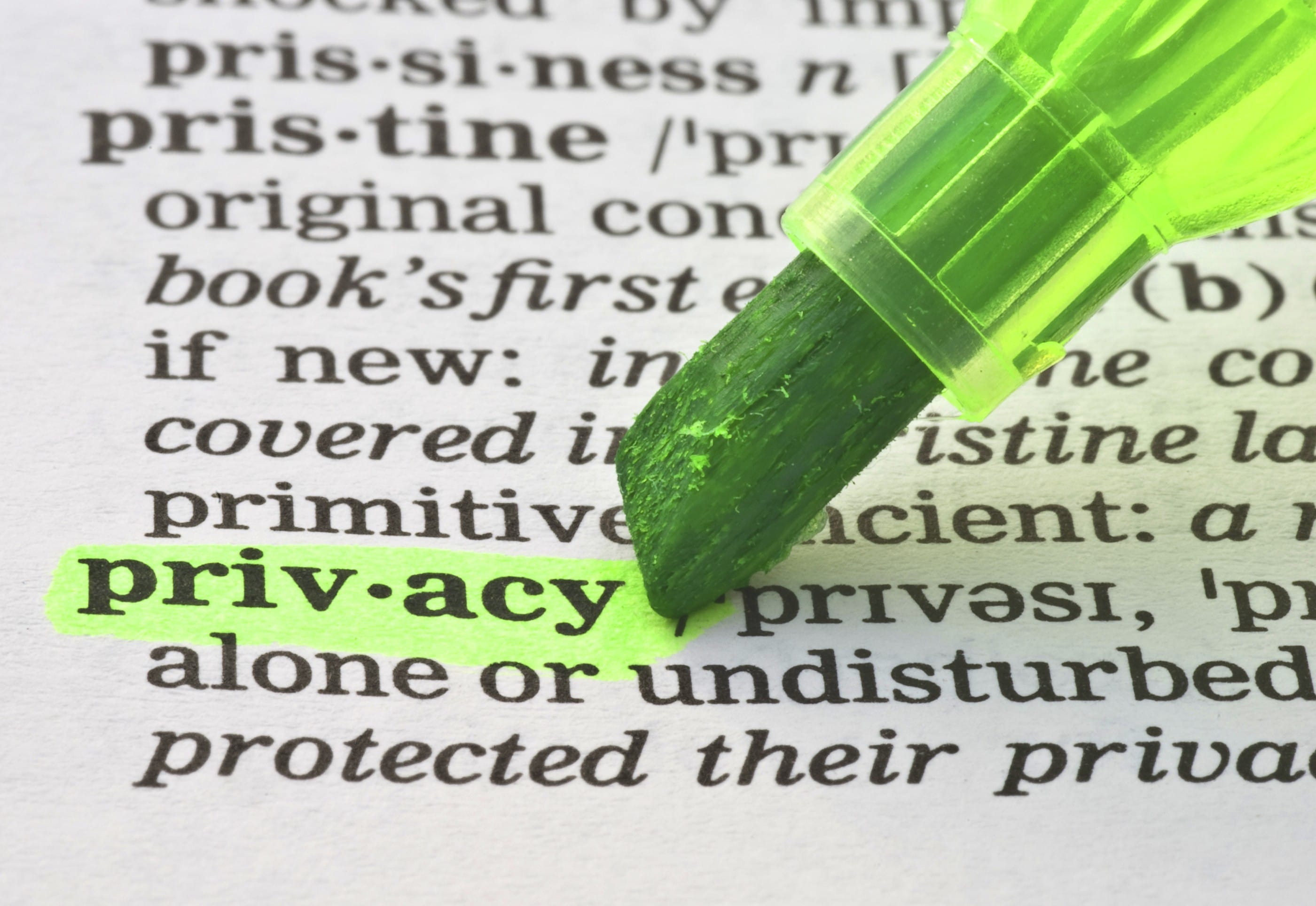During an Air Canada Jazz flight from Kamloops to Vancouver, a flight attendant noticed that two passengers were consuming beer which had not been served to them by Air Canada. Consumption of alcohol on board that has not been served by the air carrier is prohibited by the Canadian Aviation Regulations (CARs).
The flight attendant informed the passengers that their conduct was prohibited by the CARs and the two passengers surrendered their beer. However, a heated discussion ensued between one passenger (Mr. Dankwort) and the flight attendant, during which each threatened to file a complaint. The flight attendant informed the pilot and on arrival in Vancouver, Mr. Dankwort was met by an Air Canada representative and several RCMP officers. After some discussion, he was sent on his way. He was not detained and no charges were ever laid. Air Canada did not put him on a “no fly” list and did not share or make use of the information contained in its file.
Mr. Dankwort threatened a lawsuit and complained to the Canadian Transportation Agency (CTA) that the flight attendant had made a false allegation against him. The CTA declined jurisdiction on the basis that the complaint described was a level of service issue which fell within the purview of airline management.
Mr. Dankwort then demanded that Air Canada produce its personal information file on him for inspection. Air Canada refused on the grounds of legal privilege.
In general, there are two types of legal privilege. To be privileged, a communication must have been produced with litigation in mind, produced for the dominant purpose of receiving legal advice (solicitor-client privilege), or as aid to the conduct of litigation and the prospect of litigation must be reasonable (litigation privilege). On the other hand, an individual (without any need for justification) has the right under the Personal Information Protection and Electronic Documents Act (PIPEDA), to access his or her personal information held by an organization and, if appropriate, call for the rectification of any errors contained therein. Information does not have to be disclosed if it is protected by solicitor-client or litigation privilege.
Mr. Dankwort complained to the Privacy Commissioner, who called upon Air Canada to file an affidavit, which was to identify in considerable detail the documents over which privilege was claimed and which would clearly set out why the privilege was being claimed. Air Canada declined and advised that it had already provided enough details. The Privacy Commissioner applied to the Federal Court of Canada seeking a ruling that she was entitled to require Air Canada to provide the affidavit evidence and seeking an order requiring Air Canada to provide Mr. Dankwort with access to any and all documents unlawfully withheld from him. The Privacy Commissioner also sought an award of damages payable to Mr. Dankwort.
In its decision dated April 20, 2010, the Federal Court confirmed that the Privacy Commissioner has no jurisdiction in her administration of PIPEDA to rule on assertions of privilege and that she was not entitled to inspect documents over which privilege is claimed. Even though Section 12 of PIPEDA gives the Privacy Commissioner broad powers and the Privacy Commissioner may compel persons to appear and give oral or written evidence on oath, it is the Court and not the Privacy Commissioner who makes decisions on privilege. Air Canada could have refused without giving any details whatsoever.
Air Canada asserted privilege over five documents. The Court ruled that three documents were covered by both solicitor-client and litigation privilege, one was subject only to litigation privilege, and one was not covered by privilege. The non-privileged document was a report created by an Air Canada Representative who met the flight in Vancouver and spoke with Mr. Dankwort and the RCMP officers. The dominant purpose of this report was simply a routine “end of shift synopsis”.
The Federal Court declined to award damages payable to Mr. Dankwort and Air Canada was awarded its costs in the Federal Court application.


